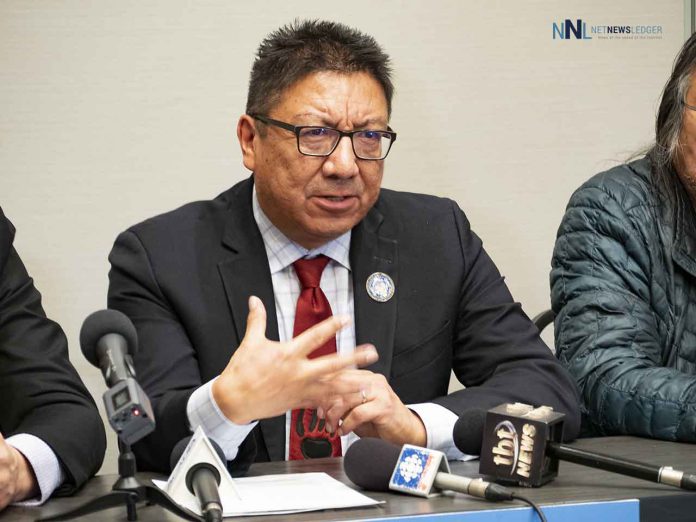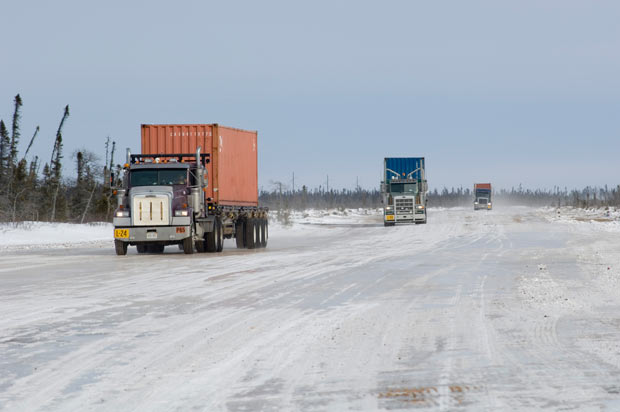Nishnawbe Aski Nation Highlights Suicide Surge, Calls for Intervention
(Ottawa, ON) – First Nations leadership from Nishnawbe Aski Nations in Treaty 9 territory convened in an emergency meeting in Ottawa on Wednesday, confronting a dire mental health crisis that threatens to worsen without swift government intervention. Government Ministers and officials were warned of a rising tide of suicides among the youth that demands immediate attention.
Nishnawbe Aski Nation has voiced alarm over a spate of suicides and attempts within their communities, including young lives tragically cut short in Sachigo Lake and Deer Lake First Nations. The crisis has been compounded by the unexplained deaths of two other young individuals in Thunder Bay, with calls for thorough investigations into the matters.
Grand Chief Alvin Fiddler of the NAN, bearing the weight of these tragedies, called attention to the intense pressure and the accompanying financial and emotional toll these events have taken on the communities.
He starkly noted that without decisive and collective action, the region could expect to mourn more young lives lost to suicide.
Federal Government Ministers Attend Absence of Ontario Ministers Draws Criticism
The urgent meeting saw attendance from several key federal ministers, including Indigenous Services Minister Patty Hajdu and others responsible for health and Indigenous relations.
However, the absence of Ontario Premier Doug Ford and his ministers, due to scheduling conflicts, was met with frustration from First Nations leaders, as Grand Chief Fiddler emphasized the critical need for preventive work and immediate crisis management.
In the session, Chief Chris Moonias of Neskantaga First Nation described the communities as teetering on the brink of collapse under the weight of mental health and addiction issues. In addition to all of the current crisis, Neskantaga remains the longest Boil-Water Advisory in Canada. It has been in effect since 1995.
Echoing this sentiment, Attawapiskat First Nation Chief Sylvia Koostachin-Metatawabin pointed out the debilitating effects of colonialism and bureaucracy, which impede access to essential care.
Minister Patty Hajdu acknowledged the devastation relayed during the meeting, admitting that the federal and provincial governments could amplify their support. She highlighted the importance of First Nations’ autonomy in developing and directing the necessary interventions.
In a forward-looking commitment, Minister Hajdu agreed to fund an upcoming meeting for the NAN’s youth council in Ottawa, providing a platform for direct dialogue with government officials.
NAN Grand Chief Fiddler called for changes in funding administration to support community-driven initiatives, such as those led by Chief Judy Desmoulin of Long Lake #58 First Nation, to create local mental health and substance use treatment centers.
The meeting concluded with a somber acknowledgment: without substantial and timely change, the future of the youth hangs in the balance.







